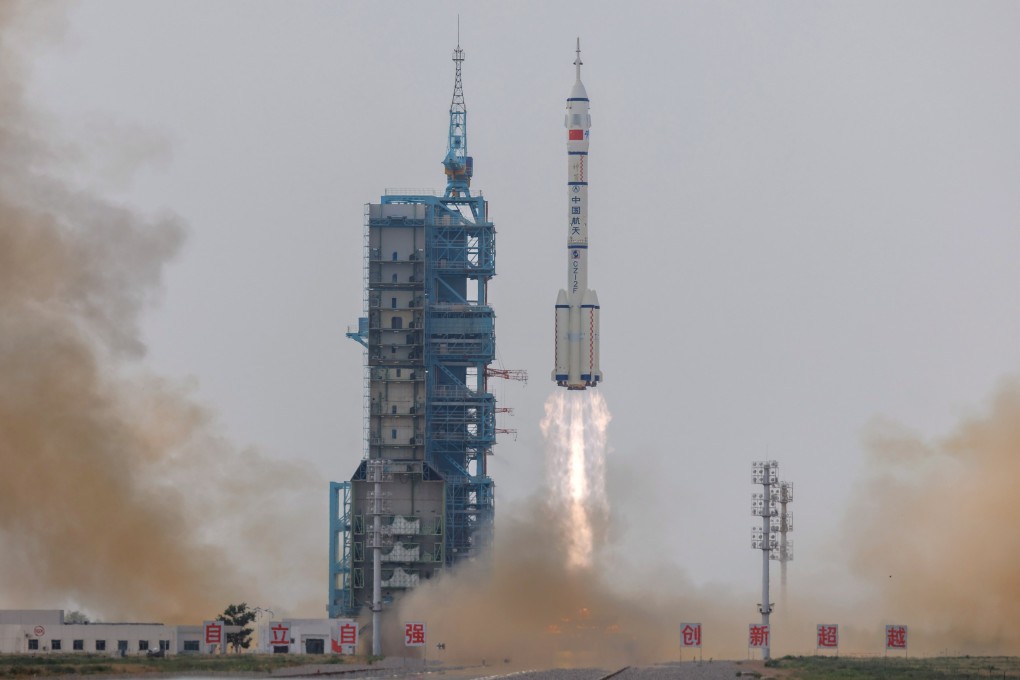Opinion | Shenzhou 16 launch is a tribute to China’s surging space prowess
- The inclusion in the mission of a civilian payload specialist who had studied in Canada signals China’s plans for peaceful and scientific exploration of space
- Reports of further expansion of the Tiangong space station and the prospect of space tourism suggests the sky is the limit for China’s space programme

There were also a couple of notable firsts during this mission. Mission commander Jing Haipeng is making his fourth trip into space, a record for Chinese spacefarers.
It is no surprise China’s latest foray into space has garnered so much media attention, and not just for the obvious reasons, such as the 2o-year age gap between Jing and Gui. For me, this is a clear signal from China to the rest of the world about its plans for peaceful and civilian exploration, and scientific and industrial exploitation, of space.
Gui, a professor at his alma mater’s school of astronautics, only received his PhD in 2014. He then went to York University and Ryerson University in Toronto to work as a postdoctoral researcher before returning to Beihang as associate professor in 2017. A mere six years later, he is in space, which is a remarkable feat, to say the least.
